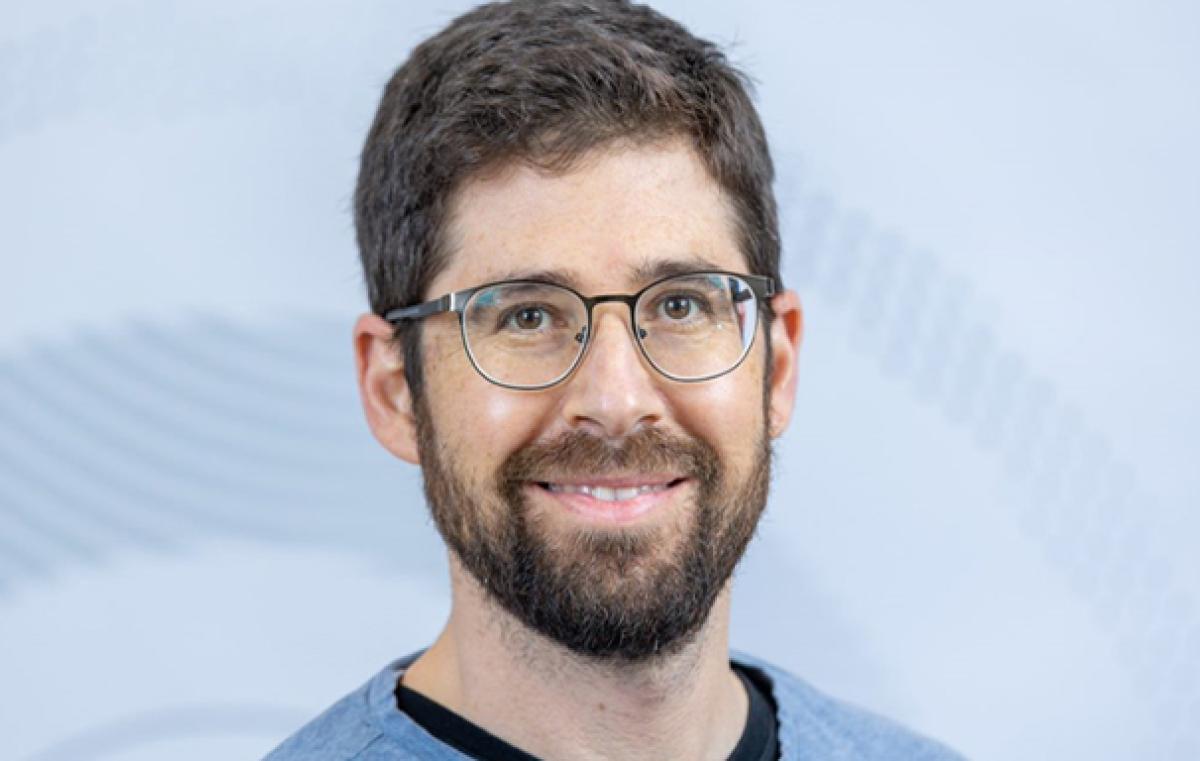Dr. Jonathan Ruhman Wins Krill Prize
Dr. Ruhman, of BIU’s Department of Physics, explores quantum effects in systems with an immense number of particles

What is the microscopic process behind quantum phenomena such as superconductivity and magnetism that occur in materials? Dr. Jonathan Ruhman, of the Department of Physics at Bar-Ilan University, is a theorist who studies quantum phenomena in many-body systems. His field of research, "Quantum Condensed Matter", focuses on “quantum liquids, quantum solids and everything in between," he explains. "A great example of a quantum liquid is a superconductor: when certain metals are cooled below a critical temperature they become 'perfect' (without resistance). Despite the fact that this can happen in a large chunk of material, which you can hold in you hand or see with the naked eye, it is a true quantum phenomenon.”
Dr. Ruhman recently won the Krill Prize for Excellence in Scientific Research for 2022 from the Wolf Foundation. An example of Dr. Ruhman's research topic is the "amazing journey" that electrons in a metal must go through to become superconducting. First, they need to bind and form pairs. They do this even though they repel each other very strongly. Once they become pairs, they go through a second and even more amazing stage, called condensation, in which all the pairs fall into a single quantum state. The Higgs (or “God") particle undergoes a similar process, which is the way we understand the origin of mass. In fact, he points out, we live in a superfluid that fills the entire universe.
This year, along with colleagues from the US, Dr. Ruhman discovered an extreme case in which a quantum material, more like a semiconductor than a metal, can become a superconductor. This discovery stretches the boundaries of superconductivity to new realms. "Now we want to find materials that will realize such an idea experimentally," he says.
As a researcher, Dr. Ruhman is influenced by two main things: Experiments – one of the marked advantages in his field is the proximity to experimentation. Breakthrough research in quantum materials may be conducted in small research groups without the need for huge and very expensive operations. In addition, he is influenced by ground-breaking theoretical studies.
Dr. Ruhman studied for a bachelor's degree at the Hebrew University, and for a master's degree and doctorate at the Weizmann Institute. He later conducted postdoctoral research at MIT and then joined the academic faculty at Bar-Ilan’s Department of Physics. He directs the Resnick Condensed-Matter Seminar and has organized conferences in Israel and abroad. “My dream is to find a way to base my theories on experimentation beyond any doubt. This requires a lot more meticulous work that will examine all the alternative options,” he relates.